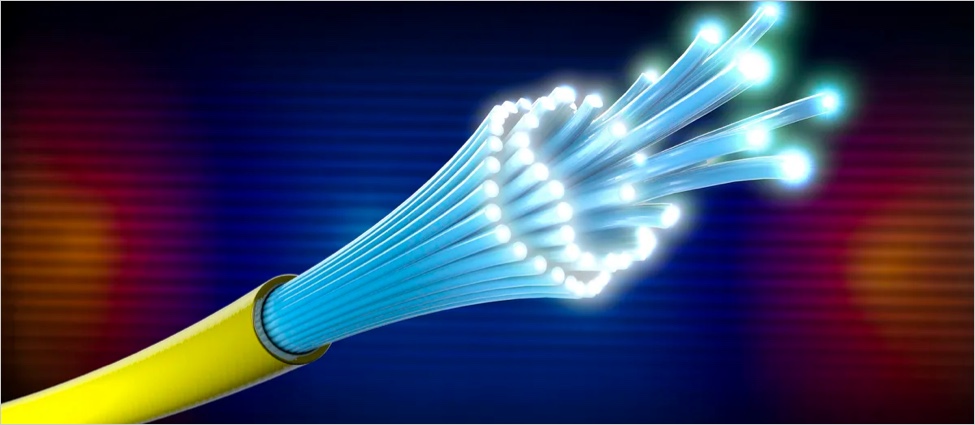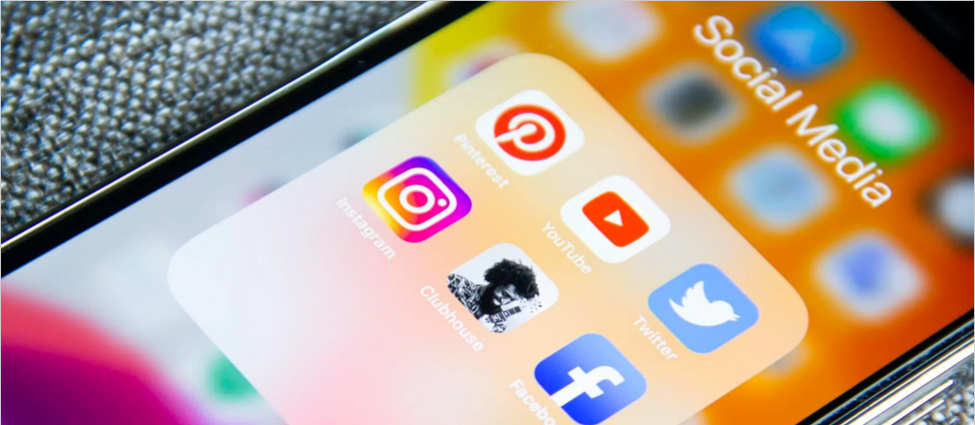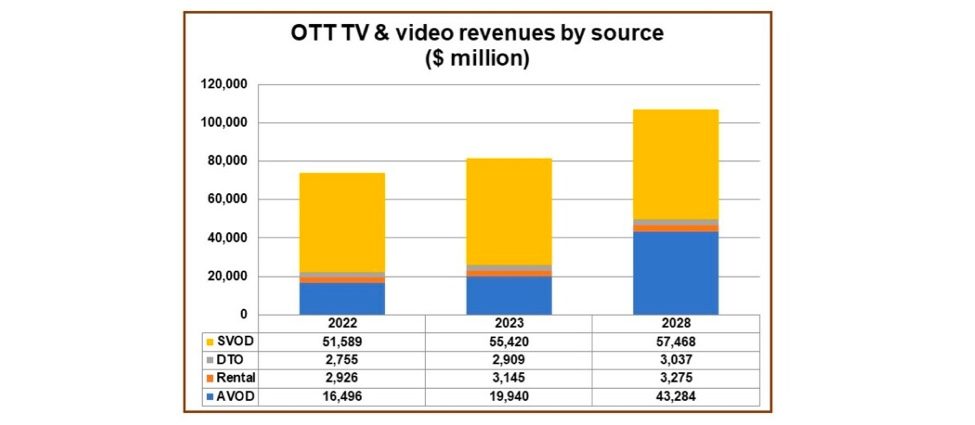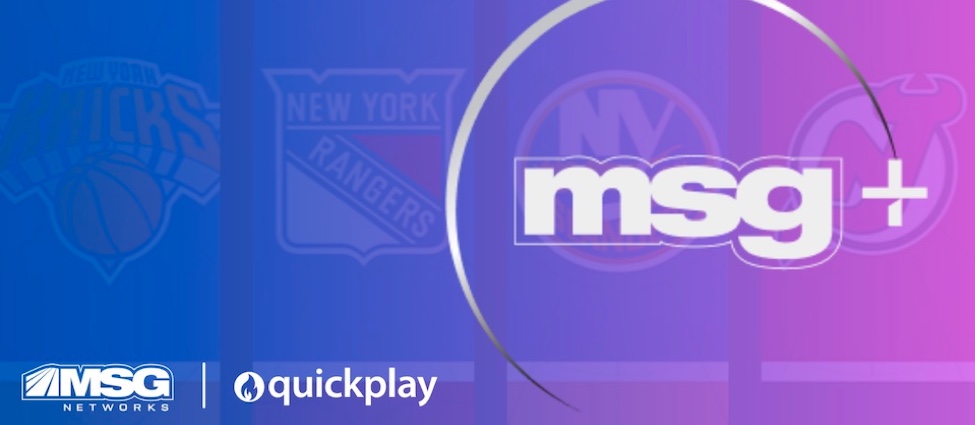US customers still don’t like their internet service providers
Customers are not happy with their internet service providers. But that’s changing as fiber delivers faster, more consistent speed.
The American Customer Satisfaction Index released its annual survey, based on over 22,000 customer interviews, revealing how we really feel about our internet service providers. The surprising takeaway: We’re more satisfied now than we’ve been in years. Overall, ISPs scored 68 on the ACSI’s 100-point scale — an increase of six points over 2022 and the highest score since the ACSI started measuring ISPs in 2013. But although satisfaction has improved, the news isn’t exactly great for ISPs, which rank at the bottom of the index, just ahead of gas stations but below airlines, health insurance providers and social media.
If you dig into the numbers — and we have, given that we incorporate them into our methodology for reviewing internet providers — they tell a more nuanced story. For the first time, in 2023, ACSI has broken out customer satisfaction with fiber and nonfiber providers; predictably, ISPs that offer fiber, which is faster and more consistent than other types of internet connections, scored significantly higher, notching a 75 compared to nonfiber ISPs’ 66. Still, less than 45% of US households have access to fiber, according to the Fiber Broadband Association. And though national and regional telecoms continue to expand its reach, fiber’s rollout has been slow and concentrated in larger cities and metro areas.
The ISP with the highest customer satisfaction score is AT&T Fiber, which dislodged Verizon Fios from the top spot and into fourth place. CenturyLink and Google Fiber rank second and third, respectively, among fiber providers, which aligns with our perspective: Verizon Fios, Google Fiber and AT&T top our overall list of fiber providers, though our recommendations vary by specific location. We have, after all, reviewed internet service providers in dozens of cities in the US.
CNET has found fiber to be more reliable, susceptible to fewer disruptions during peak usage times and, most importantly, extremely fast for uploading and downloading data. In fact, several national ISPs now boast multi-gigabit plans, and one provider in Chattanooga offers a remarkable 25Gbps plan. Service that speedy should cultivate a high level of customer satisfaction.
Though fiber plans tend to be more expensive than cable internet service, the price gap is closing. Cable internet service plans usually start around $25 to $30 per month; fiber plans typically start at approximately $50 but can be considerably more expensive. That noted, fiber generally delivers a lower price per megabit than other connection types.
Among nonfiber providers, T-Mobile Home Internet took the top spot in ACSI’s 2023 ranking and scored considerably higher than the average nonfiber internet provider. The company’s 5G fixed wireless service consistently ranks as one of the best services in many of the dozens of cities we’ve evaluated. AT&T Internet, Sparklight, Kinetic by Windstream and Xfinity also scored above the category average.
The provider with the lowest ACSI score in this year’s field was Optimum, which also had the distinction of being the only ISP whose score dropped, though only slightly, from the previous year. It’s possible that the slide could be attributed to parent company Altice combining its Suddenlink and Optimum services under one brand last summer.
This year’s ACSI index echoes the findings of a recent OpenSignal Broadband Experience Report, which named Verizon Fios as the provider with the best consistency of service, and ranked AT&T Fiber and Google Fiber second and third. And Verizon Fios and AT&T Fiber are often top picks in many cities CNET evaluates — so there’s a high degree of consistency among the available data. Fiber for the win, again.




